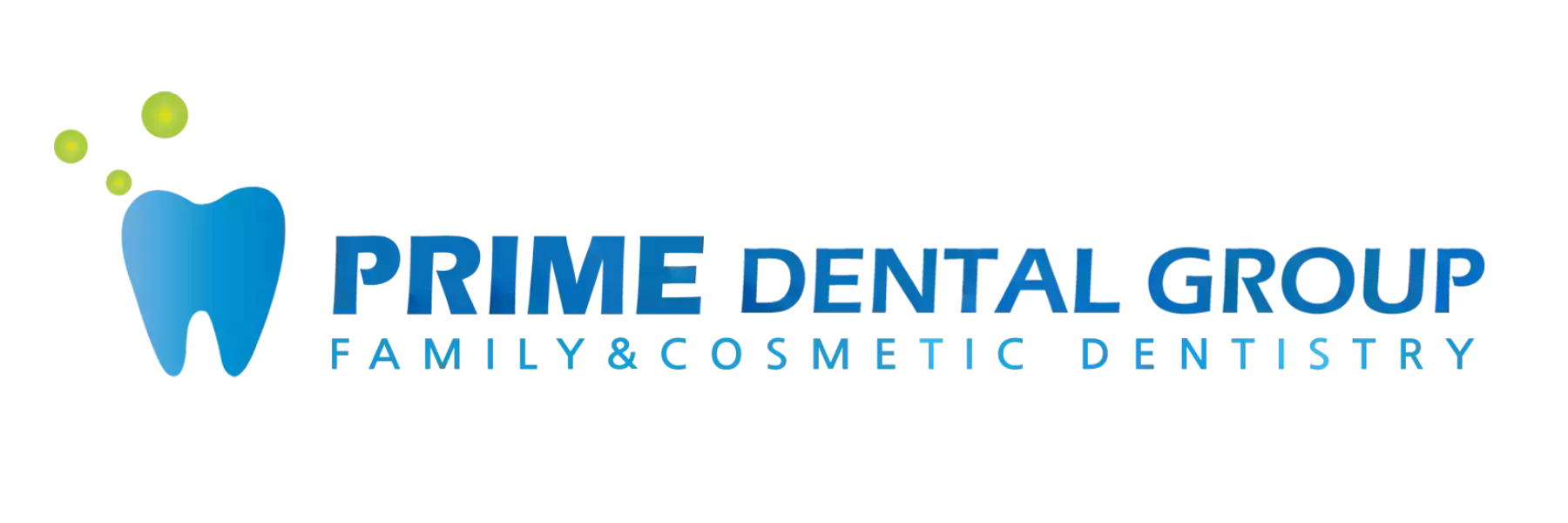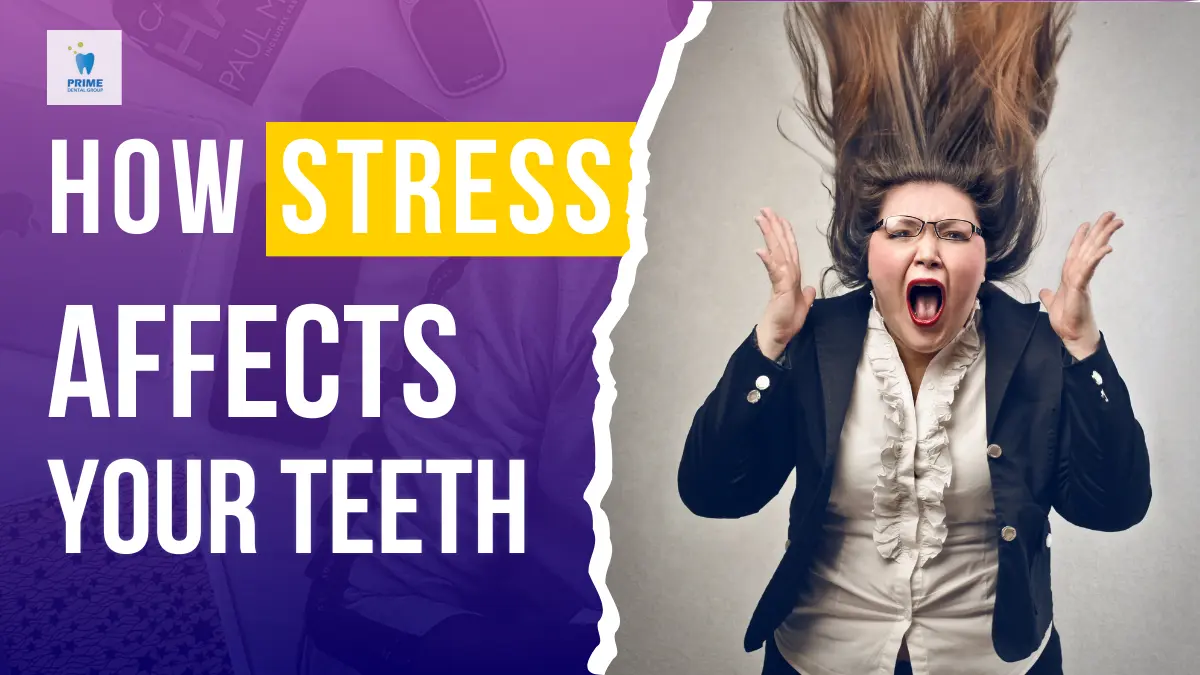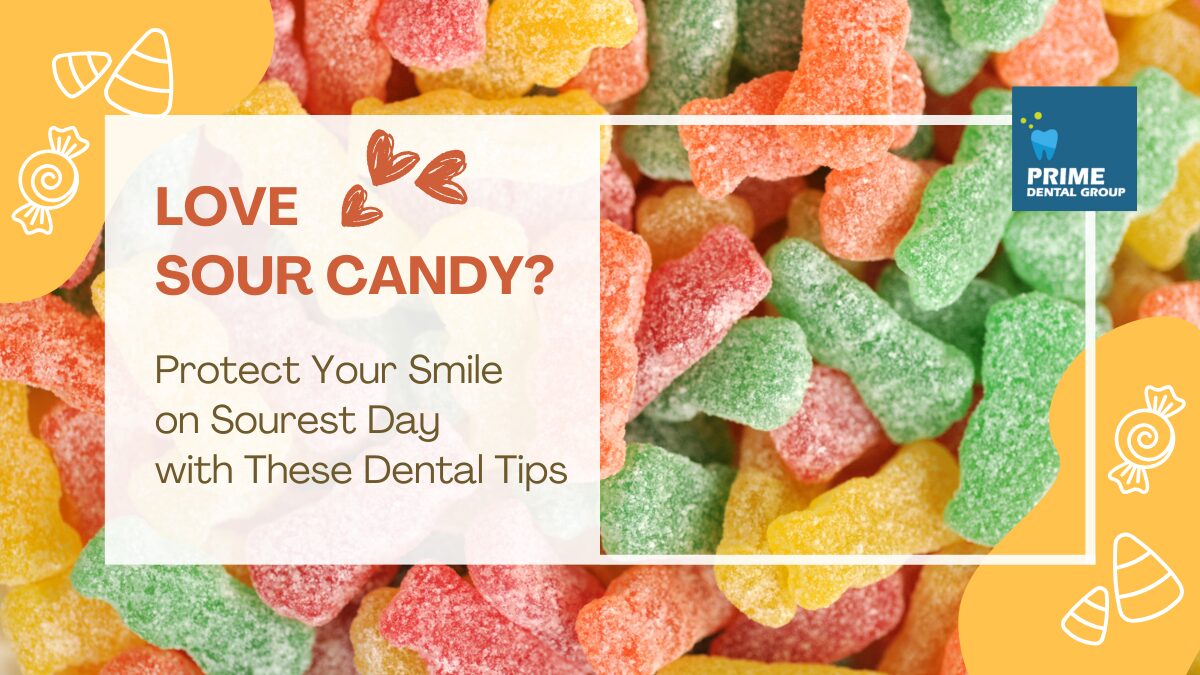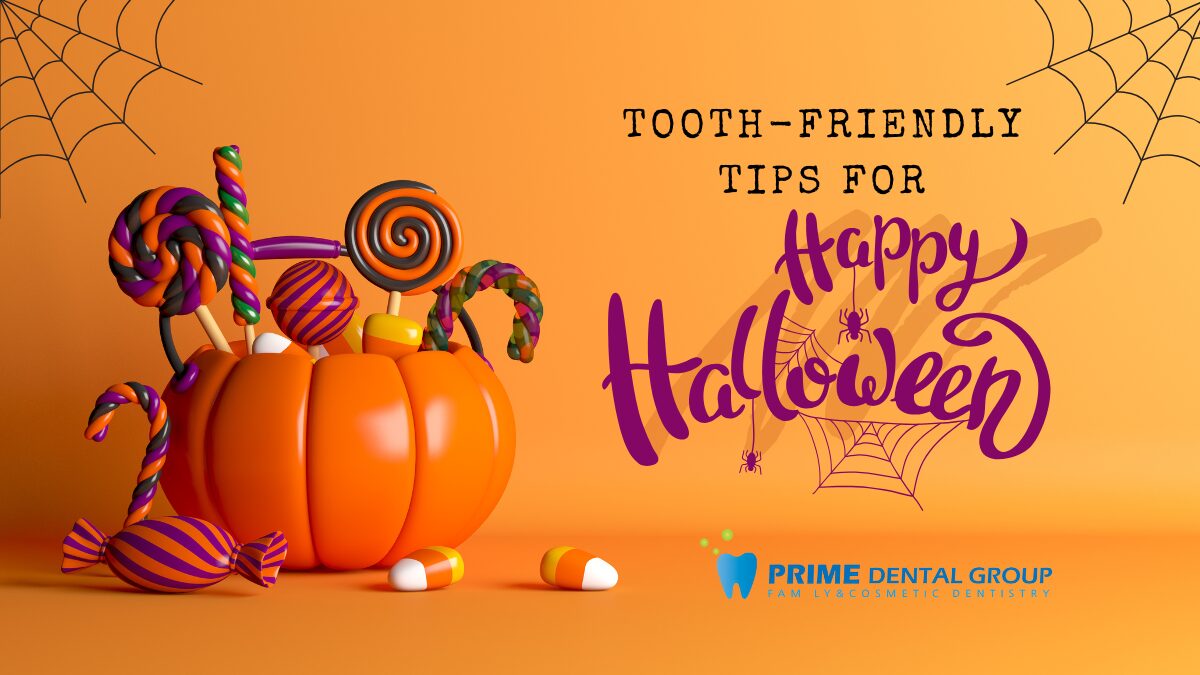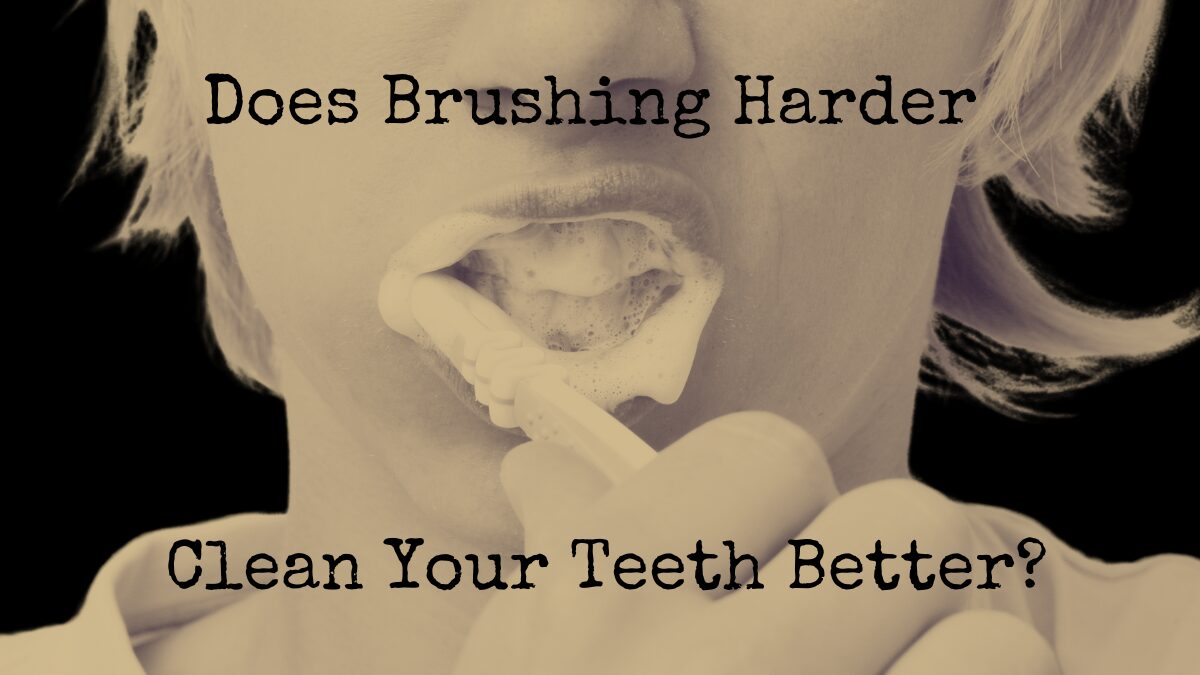How Stress Affects Your Teeth: 5 Hidden Dangers & How to Prevent Them
Ever had your jaw ache after a stressful day? Or found yourself skipping brushing when life gets overwhelming?
You’re not alone.
Stress isn’t just a mental or emotional issue—it affects your entire body, including your teeth and gums. And if you’re like most people, you might not even realize it until the symptoms show up as tooth pain, bleeding gums, or jaw discomfort.
Let’s explore how stress impacts your smile—and what you can do to stay one step ahead.
The Hidden Connection Between Stress and Dental Health
It’s easy to think of stress as “just in your head,” but it actually triggers a chain reaction in your body. This includes increased cortisol levels, changes in your immune system, and shifts in your daily habits—all of which can hurt your teeth and gums.
Let’s break it down.
What Happens in Your Body When You’re Stressed?
| Stress Effect | Impact on Oral Health |
|---|---|
| Cortisol spike | Inflammation → leads to gum disease |
| Immune system suppression | Harder to fight oral infections |
| Dry mouth | Less saliva → higher risk of tooth decay |
| Changed eating habits | Sugary cravings → increased cavities |
| Jaw clenching or grinding | Tooth damage, TMJ disorders |
| Skipped routines | Missed brushing/flossing → more plaque and decay |
Your body is essentially put in “fight or flight” mode. Unfortunately, your oral hygiene routine tends to get left behind.
Stress-Related Dental Problems to Watch Out For
Stress can wear down more than your patience—it can wear down your teeth, too. Below are common issues triggered or worsened by chronic stress:

1. Teeth Grinding (Bruxism)
Bruxism is when you grind or clench your teeth, usually at night. Many people don’t even realize they’re doing it until they start experiencing:
- Jaw soreness
- Headaches
- Worn-down or cracked teeth
- Tooth sensitivity
Solutions:
- Talk to your dentist about a custom night guard
- Try jaw massage or relaxation techniques before bed
- Reduce caffeine or alcohol, which can increase grinding
2. Gum Disease (Gingivitis & Periodontitis)
Your gums need a healthy immune system to fight off bacteria. When you’re stressed, your immune defenses weaken—giving gum disease a chance to sneak in.
Symptoms include:
- Red, swollen, or bleeding gums
- Bad breath
- Gum recession
Solutions:
- Stick to brushing and flossing even during tough times
- Schedule professional cleanings
- Try stress-reducing habits like yoga, journaling, or walking

3. Tooth Decay
When we’re overwhelmed, we’re more likely to reach for comfort foods—hello cookies and soda—and skip brushing. That combo is a recipe for cavities.
What Makes It Worse:
- Dry mouth (less saliva = less protection)
- Acidic snacks (chips, soda, citrus)
- Forgotten oral hygiene routines
Solutions:
- Keep water and a toothbrush nearby during the day
- Use fluoride toothpaste
- Rinse after meals if you can’t brush
4. TMJ Disorder (Temporomandibular Joint Pain)
Stress causes us to tense up, especially in the face and jaw. This can strain the temporomandibular joint (TMJ)—the hinge that connects your jaw to your skull.
Symptoms:
- Clicking or popping when you chew
- Facial pain
- Earaches or headaches
- Limited jaw movement
Tips for Relief:
- Apply warm compresses
- Avoid chewing gum or hard foods
- Consider physical therapy or bite guards
5. Mouth Sores or Canker Sores
Stress weakens your body’s defenses, which can lead to:
- Painful ulcers on your tongue or cheeks
- Slower healing time
- Increased sensitivity
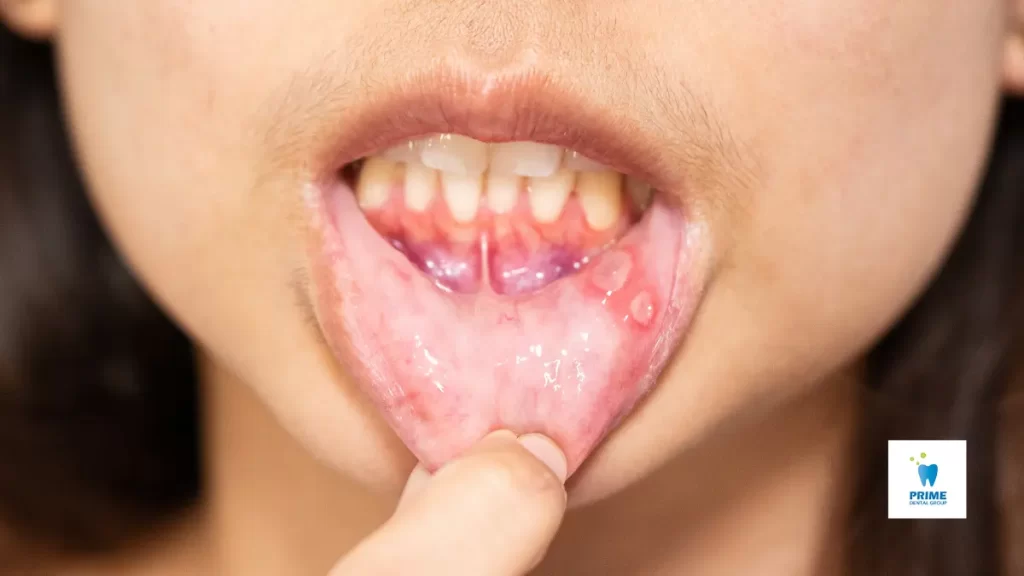
Real Talk: Why People Skip Oral Hygiene When Stressed
You’re juggling work, family, maybe kids, maybe school—and dental care just feels like one more thing. Here are the most common habits that take a hit:
| Stress-Induced Habit | Why It Hurts Your Teeth |
|---|---|
| Skipping brushing/flossing | Plaque buildup → gum disease and decay |
| Drinking sugary/acidic drinks | Weakens enamel and increases cavities |
| Nail or pen chewing | Can crack or chip teeth |
| Smoking or vaping | Irritates gums, slows healing, stains teeth |
Build a Stress-Proof Smile Routine: Easy, Everyday Habits
Here’s a practical, low-stress game plan to protect your teeth, even on the busiest days:
🦷 Daily Dental Care
- Brush twice a day (2 minutes)
- Floss once a day (consider pre-threaded picks)
- Rinse with a fluoride mouthwash
🧘♀️ Stress Reduction Tips
- Try 10 minutes of deep breathing or guided meditation
- Get fresh air: short walks lower cortisol
- Do something joyful daily (music, hobbies, movement)
🥗 Eat Smart
- Choose tooth-friendly snacks (cheese, apples, nuts)
- Drink water after meals
- Cut back on sodas and sweets
🛌 Sleep & Rest
- Aim for 7–9 hours per night
- Create a relaxing bedtime routine
- Use a night guard if you grind your teeth

When to Call the Dentist
Not sure if stress is showing up in your mouth? Here are signs to watch for:
| Symptoms | Possible Cause |
|---|---|
| Sore jaw in the morning | Nighttime grinding (bruxism) |
| Bleeding or tender gums | Gingivitis or periodontitis |
| Tooth sensitivity or pain | Enamel wear, decay, grinding |
| Clicking jaw or facial tension | TMJ disorder |
| Mouth ulcers or sores | Stress-induced inflammation |
👉 Don’t wait for the pain to get worse. Catching problems early can save your teeth—and your wallet!
Dental Treatments for Stress-Related Oral Health
If stress has taken a toll on your smile, your dentist can help with tailored solutions:
| Treatment | What It Does |
|---|---|
| Custom night guard | Prevents tooth damage from grinding |
| Periodontal cleaning | Treats gum disease and reduces inflammation |
| Fluoride treatments | Strengthens enamel and helps prevent decay |
| TMJ therapy | Eases jaw pain through exercises, splints, or devices |
| Restorative work (fillings, crowns) | Repairs damaged or decayed teeth |
Take-Home: Stress and Your Smile—It’s All Connected
If there’s one thing to remember, it’s this:
A healthy mind supports a healthy mouth—and vice versa.
When life gets chaotic, it’s easy to let dental care slip. But your oral health is part of your overall well-being. With a few mindful habits and regular dental visits, you can protect your smile through any storm.
✔️ Quick Recap: Key Takeaways
- Stress increases your risk for gum disease, tooth decay, and grinding
- Cortisol weakens your immune system and causes inflammation
- Poor habits like skipping brushing or eating sugary snacks make it worse
- Daily self-care + professional checkups keep your smile strong
- You deserve support: physical, emotional, and dental
🗓️ Let’s Keep Your Smile Stress-Free
Feeling overwhelmed? Let us help you protect your smile and your peace of mind.
📍Visit Bellevue Prime Dental Group or Lynnwood Prime Dental Group today
📞 Call to schedule your stress-free dental checkup
💬 We’re here to listen, care, and create a personalized plan just for you
Your smile deserves it.
